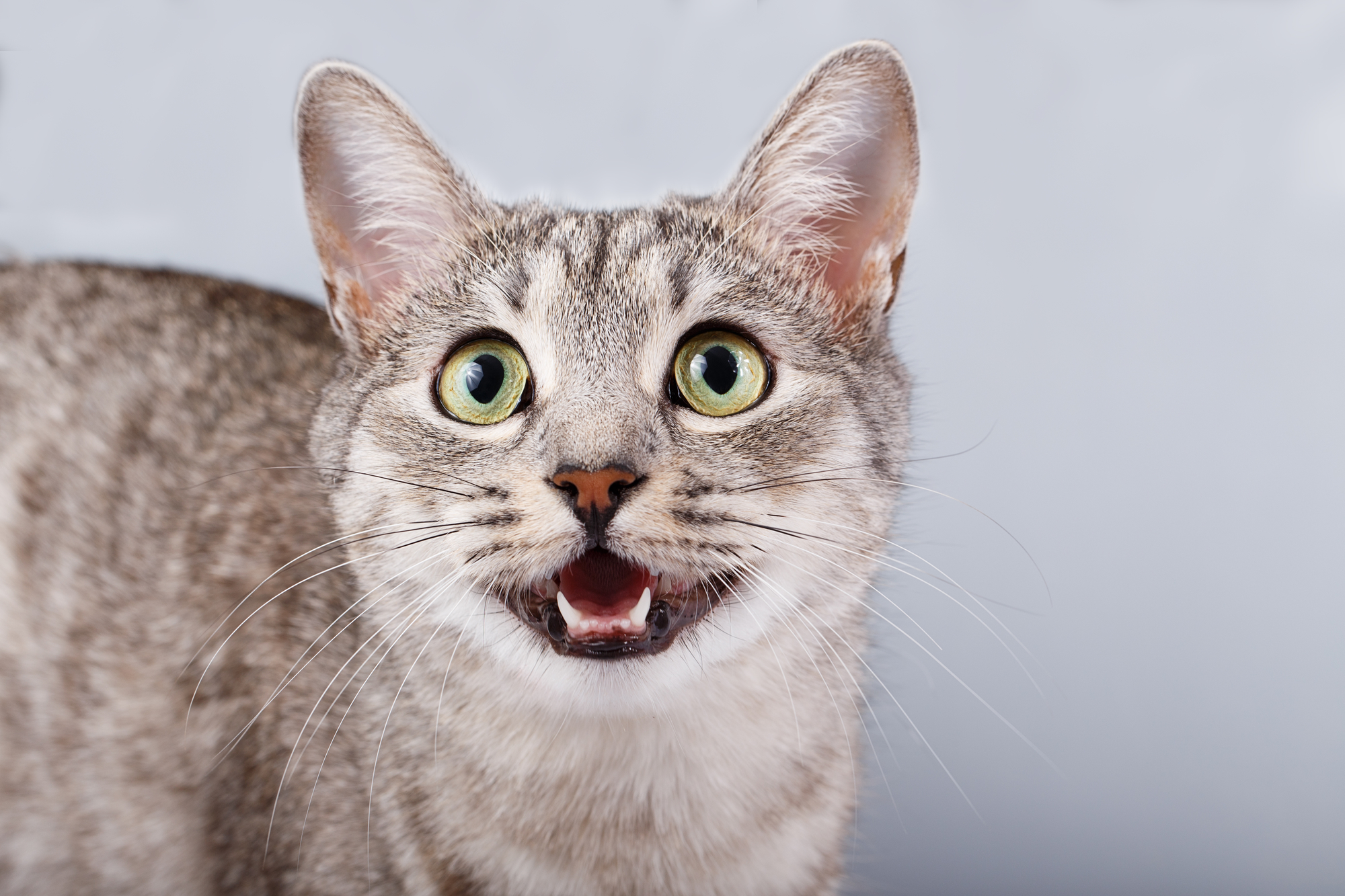Dental care is an important part of keeping your feline friend healthy. Just like humans, cats can develop problems with their teeth, which can lead to pain, discomfort and even more serious health problems. However, dental care is often the last thing in feline care. In this detailed guide, we discuss the importance of healthy teeth for cats, the most common dental problems in cats and the steps you can take to ensure that your furry friend has a healthy smile for the rest of his life.
1. Understanding Dental Health for Cats:
Cats use their teeth for many things, including eating and cleaning themselves. Not taking good care of your teeth can lead to health problems that affect your whole body. Dental issues can range from minor issues like gum buildup to major issues like periodontal disease.
2. Most Common Dental Problems:
Tartar and Plaque
A sticky bacterial film, called dental plaque, forms on your cat’s teeth. Tartar builds up over time, which can lead to gum disease and other dental problems. If left unattended, tartar buildup can lead to more serious problems.
Gingivitis
Red, swollen gums are a sign of gingivitis. Plaque and tartar on the gum line are often the culprits. If gingivitis is not treated, it can lead to more serious gum disease.
Periodontal Disease
When the tissue around the teeth swells, it is called periodontal disease. It can lead to receding gums, loose teeth and even tooth loss. If bacteria in the mouth enter the bloodstream, they can also damage other systems.
3. Signs of Dental Issues:
Detecting dental problems early is the best way to prevent dental problems from getting worse. Watch for the following signs that your cat may have dental problems:
Bad Breath: Bad breath can be a sign of dental problems.
Difficulties with Eating: If your cat’s teeth are in bad shape, he may have trouble eating, chewing or spitting.
Excessive Drooling: If you drool a lot, it could mean that your mouth is sore or uncomfortable.
Pawing at the Mouth: If your cat continues to paw at its mouth, it could be due to an injury.
Behavior Changes: A toothache can cause changes in behavior, such as becoming angrier or withdrawn.
4. Dental Care Prevents Problems:
Dental Checkups Every Six Months
Have regular dental checkups with your vet to find out if your cat’s teeth are healthy. Your doctor can spot early signs of dental problems and suggest the right treatment.
Dental Care at Home
In addition to professional care, taking care of your cat’s teeth at home can have a significant impact on oral health:
Toothbrushing
While your cat may take some getting used to, regular brushing is the best way to prevent plaque buildup.
Treats and Toys for the Teeth
Tartar and plaque can be removed with snacks and toys that stimulate eating.
Diet and Nutrition
Giving your cat a balanced and high-quality diet is good for its teeth. Discuss with your vet which food is best for your cat’s teeth.
5. Dental Treatments and Procedures:
Dental Cleanings
The only way to get rid of tartar and plaque is to have your pet’s teeth cleaned by a dentist. For your cat’s safety and comfort, these cleanings are performed while your cat is asleep.
Remove Damaged Tooth
If a tooth is rotten or severely damaged, it may need to be pulled. Removing damaged teeth can prevent further problems and pain.
How to Treat Gum Disease
If your cat has gum disease, your vet may recommend cleaning the tooth and root surfaces by flaking and scraping the roots. Humans can also be treated with antibiotics.
6. Oral Health for Different Life Stages:
Kitten
Start caring for your teeth early and develop good habits. Teach cats how to brush their teeth gently and give them chew toys.
Adult Cat
Regular dental checkups become more important as your cat ages. If you address dental problems right away, they won’t get worse.
Old Cat
Older cats are more prone to dental problems due to changes that occur with age. Keep your mouth healthy by visiting the dentist regularly and having your teeth cleaned.
7. Overcoming Challenges:
Cat Resistance
At first, many cats don’t like brushing their teeth. Be patient and use positive feedback, such as rewards and praise, to ensure that your child enjoys going to the dentist.
Concerns about Anesthesia
Some cat owners worry about letting their cats sleep during dental treatment. But modern veterinary care puts safety first, and anesthesia allows cats to sleep through deep cleanings and treatments without stress.
Conclusion:
Your cat’s overall health depends on how well you care for his teeth. By learning about common dental problems, knowing the signs of the problem, taking preventative measures and seeking professional help, you can ensure that your cat has a healthy smile for the rest of its life. The best way to keep your cat’s teeth healthy for years to come is to take him to the vet for regular checkups and daily dental care.
FAQs:
1. How often should I brush my cat’s teeth?
Ideally, you should brush your cat’s teeth several times a week. Even brushing your teeth several times a week can produce dramatic results.
2. Can dental problems affect a cat’s overall health?
Yes, dental problems can have a major impact on your cat’s overall health. Bacteria in the mouth can enter the bloodstream and affect other organs.
3. Is effective dental treatment available?
Some dental treats and toys can help reduce tartar and plaque. Look for products with the Veterinary Oral Health Council (VOHC) seal of approval.
4. How do I prepare my cat for dental surgery?
Consult your veterinarian for specific preoperative instructions. This may include fasting before surgery and providing a comfortable recovery space after surgery.
5. Can dental care extend a cat’s lifespan?
Yes, good dental care can improve your cat’s overall health and quality of life and potentially lead to a longer and happier life.
